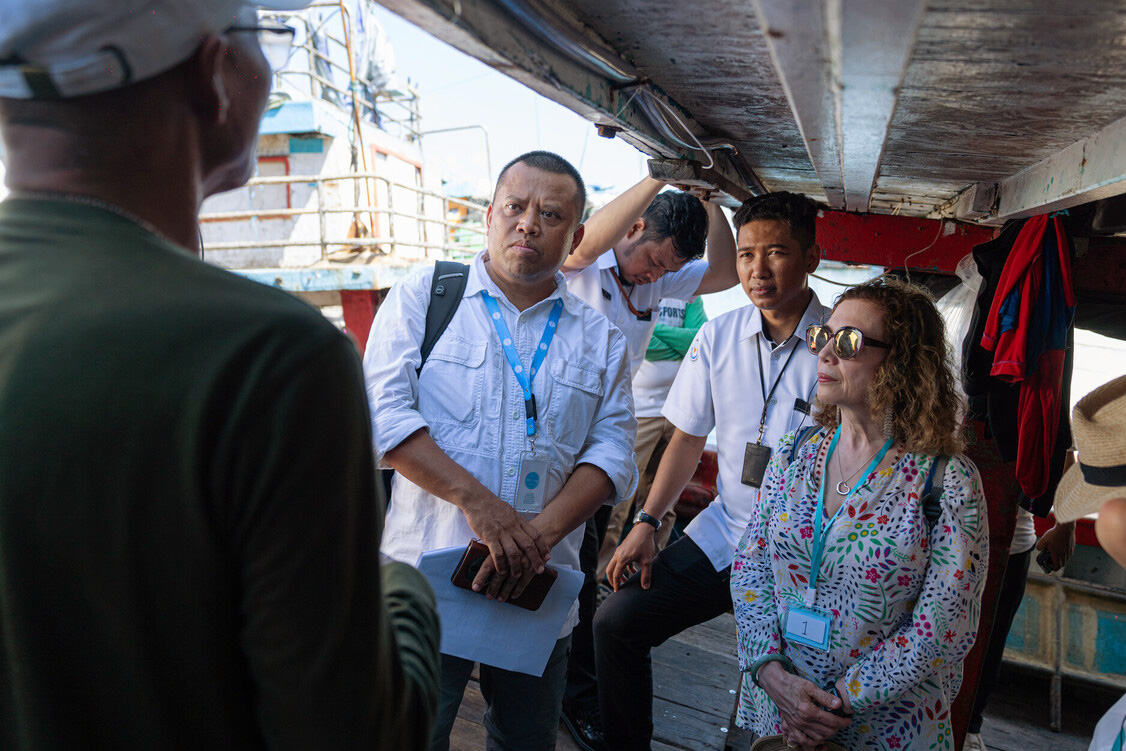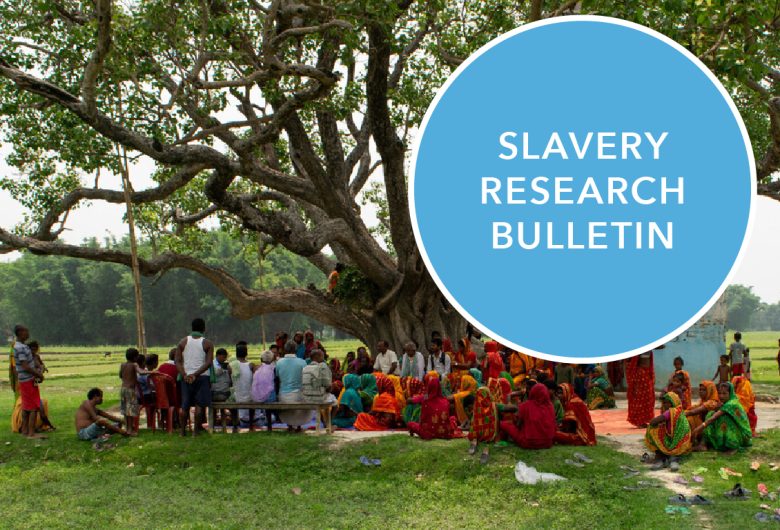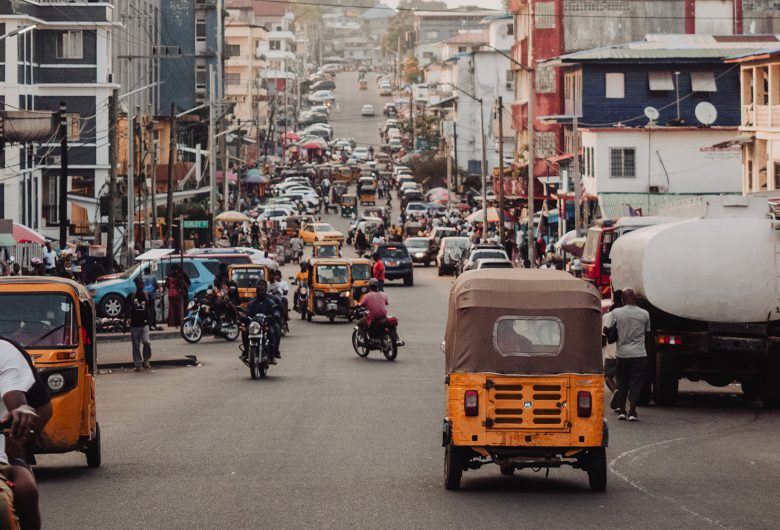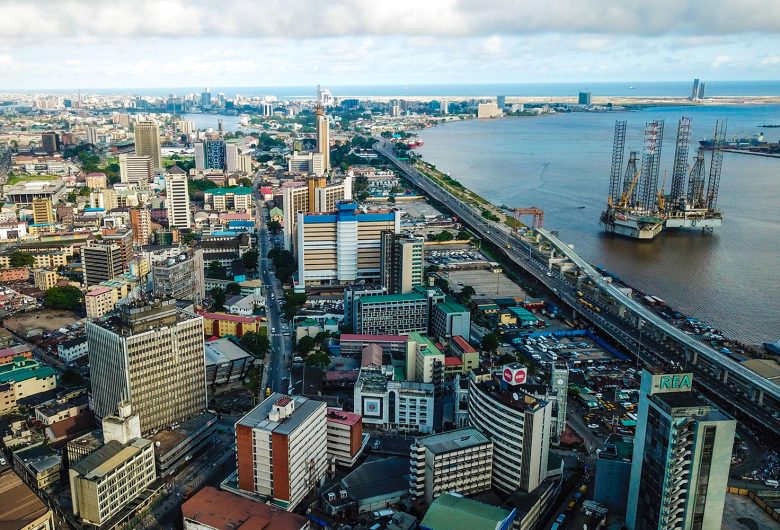Reflections from Indonesia on the power of immersive engagement
By Roosa Sibarani, Program Manager and Hasriadi Masalam, Program Advisor
As program leads based in Indonesia, we see every day how complex and deeply rooted the issue of forced labour is, particularly in the seafood industry. We also know that helping others truly understand these issues takes more than reports and statistics. It takes connection.
Last month, we had the opportunity to welcome members of the Freedom Fund’s board and key donors to our programme here in Indonesia. For many of them, it was their first time seeing the realities of forced labour in our context. For us, it was the first time we hosted a visit of this scale. It was a powerful and moving experience in many ways.
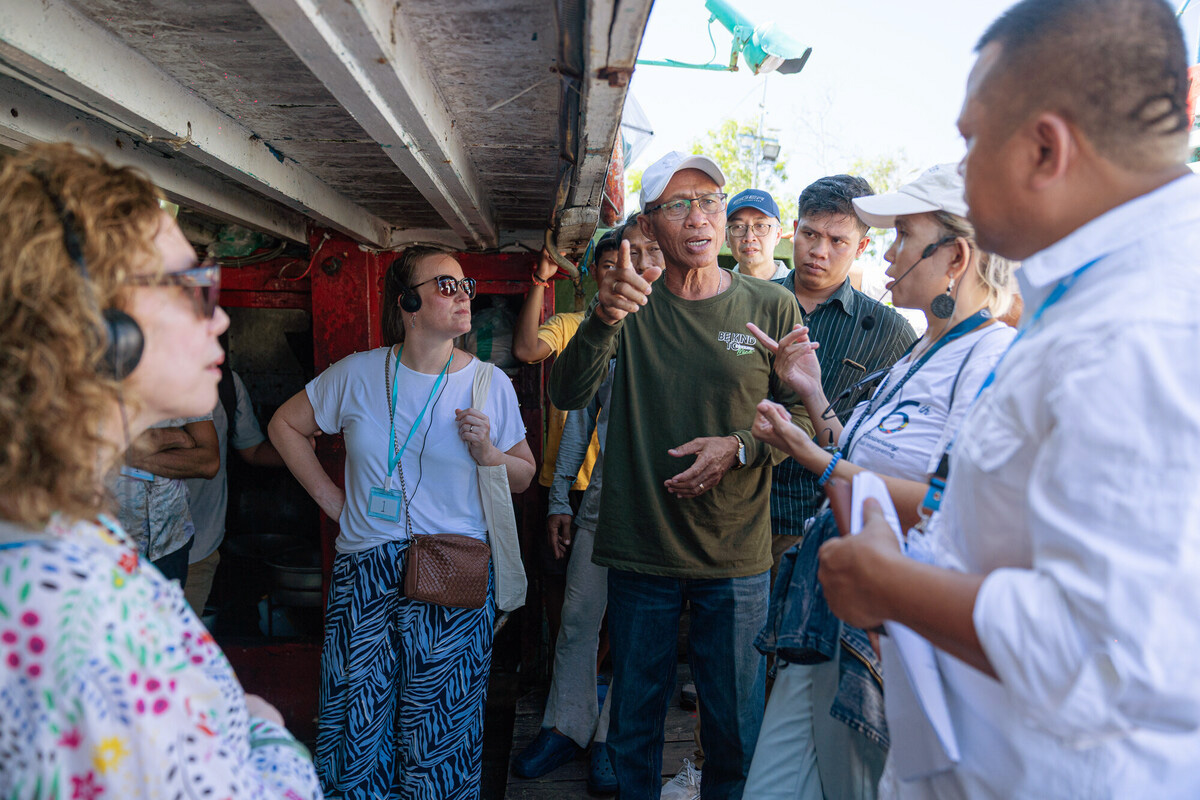
Why Indonesia, and why now?
Indonesia is the world’s second-largest seafood producer, employing thousands of workers, both domestic and migrant. On the surface, the industry offers opportunity. But for too many people, especially women in processing plants and men working at sea, it leads to exploitation, long hours, wage theft, debt bondage, and little protection.
Since 2021, the Freedom Fund’s hotspot programme here, in partnership with Humanity United, has worked to reduce vulnerability in these sectors. We collaborate with unions and grassroots organisations to empower workers, improve policies, and provide essential legal and social services. So far, we’ve reached more than 13,500 people and helped drive eight public policy changes. It is slow, often difficult work, but it’s work we believe in deeply.
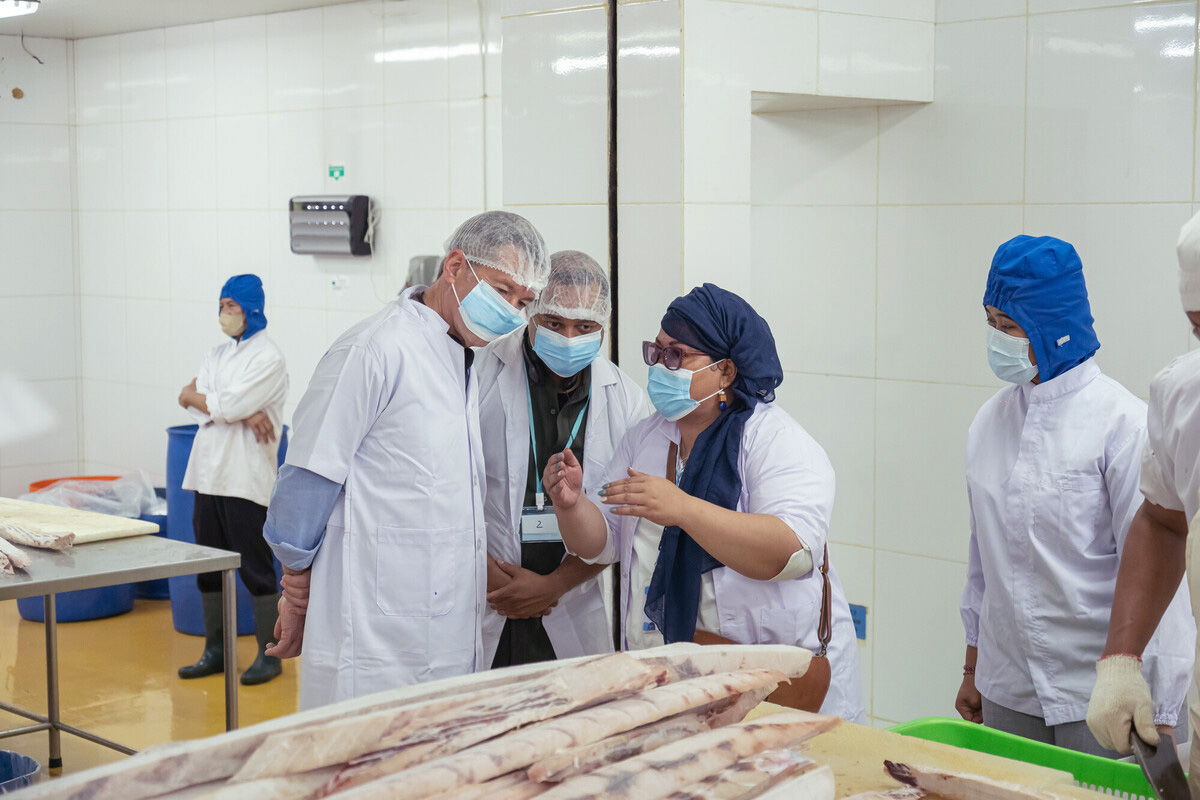
What the visit meant to us
Bringing together board members, partners and workers created a rare and important opportunity. It allowed people who are often far from the day-to-day realities to listen, ask questions and see the impact of this work for themselves.
For many of our partners, this was their first time speaking at an international gathering of this kind. It was a big moment; not just to share their work but to be seen and heard. We put a lot of thought into the agenda, with care given to language, culture, safeguarding and inclusion. From the venue to the interpretation to the small details of how meals and conversations were shared, the event felt respectful and collaborative.
Most importantly, the visit centred the voices of workers and survivors. Hearing their stories about debt, broken promises, family separation, and also strength and resilience, reminded all of us why this work matters. It was especially powerful to hear from women union leaders, who spoke about navigating their roles as mothers, caregivers and organisers in male-dominated spaces. Their leadership is critical, and their courage inspired all of us.
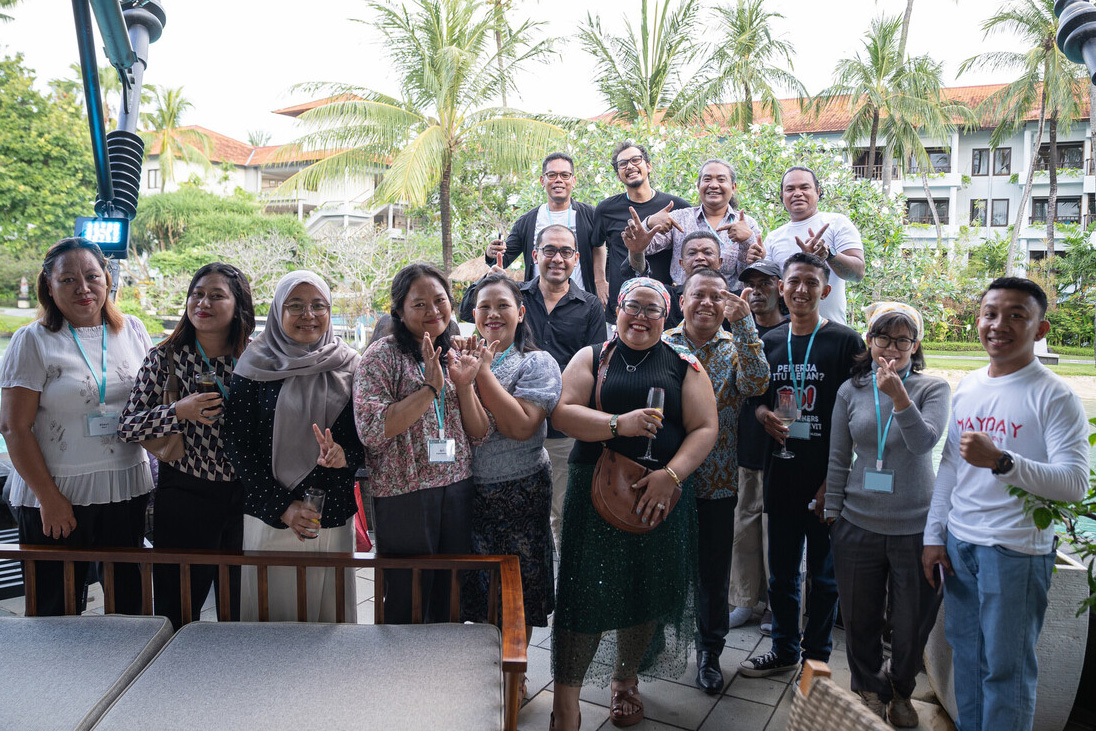
What we learned
The visit also reminded us how complex it is to coordinate across time zones, languages and organisational schedules. The commitment shown by partners, staff and donors made the event not only possible but deeply meaningful.
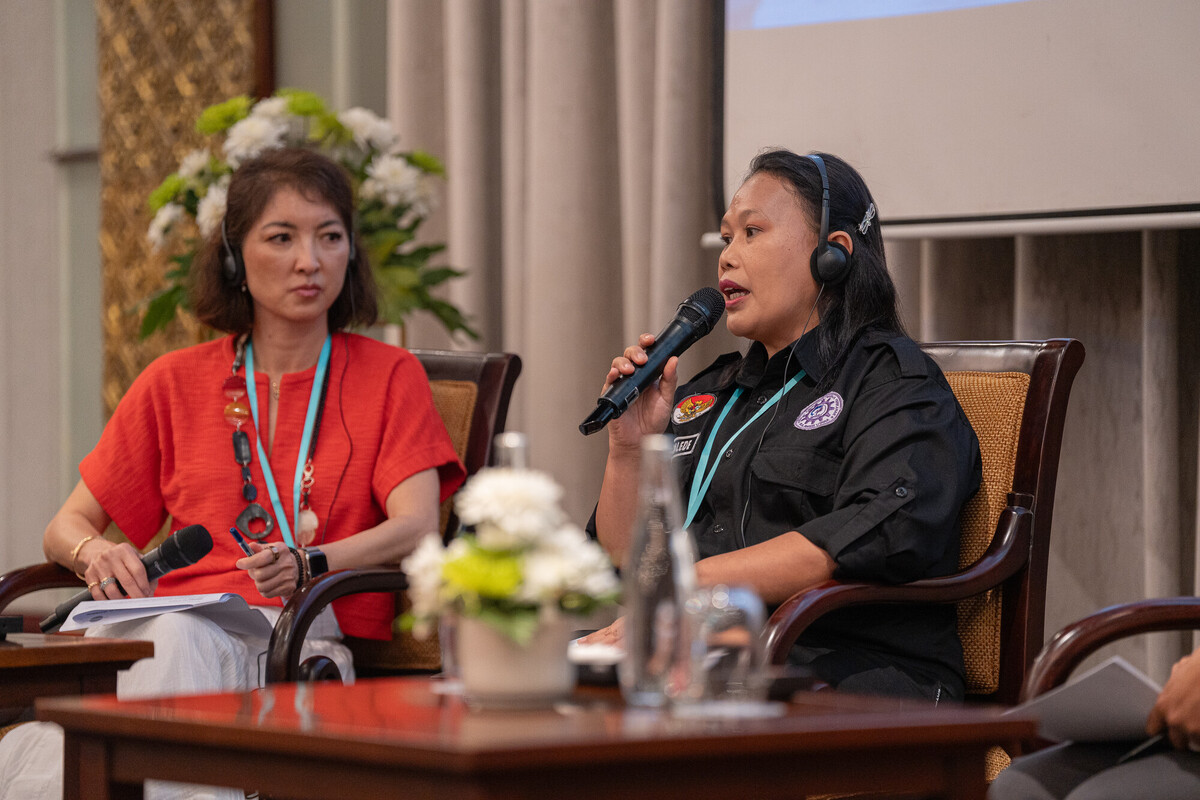
Looking ahead
This trip showed us the value of being together. Stepping out of our usual roles and into each other’s worlds, if only for a short time, created space for learning and shared purpose. It brought the Freedom Fund’s new Strategic Plan to life, especially its commitment to centring lived experience and supporting locally led solutions.
We left the visit with renewed energy and a deeper appreciation for the strength of our partners and the workers leading change in their own communities.
Ending modern slavery is not the work of one organisation or one visit. But building trust, listening carefully and showing up, these are the steps that move us forward.
We are grateful to everyone who made this journey possible.
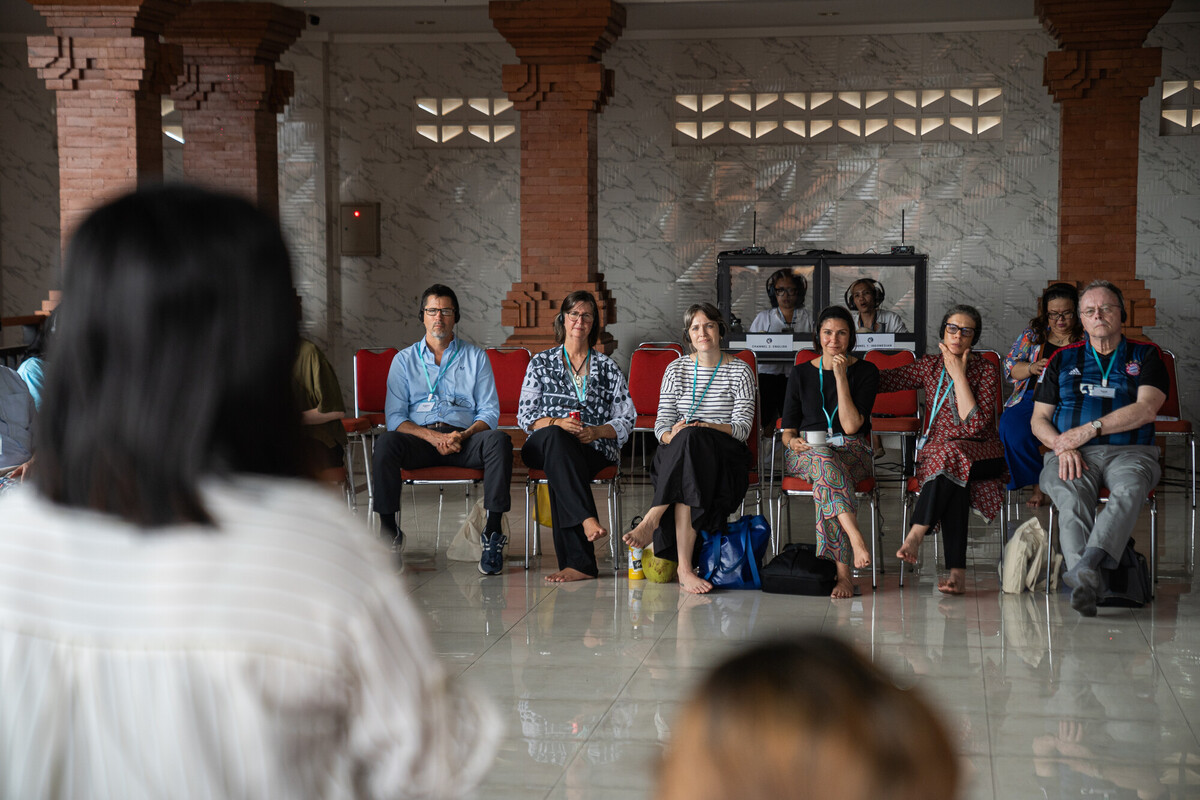
Photo credit: Hikari Stories/The Freedom Fund
